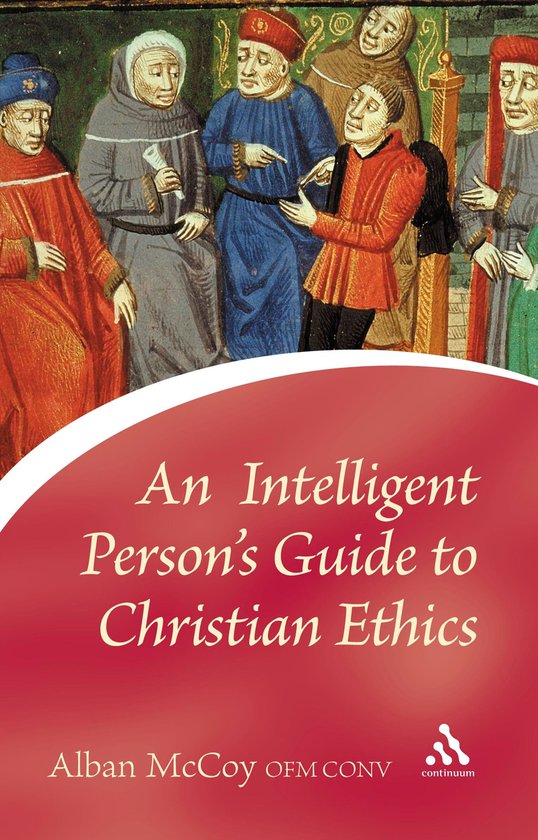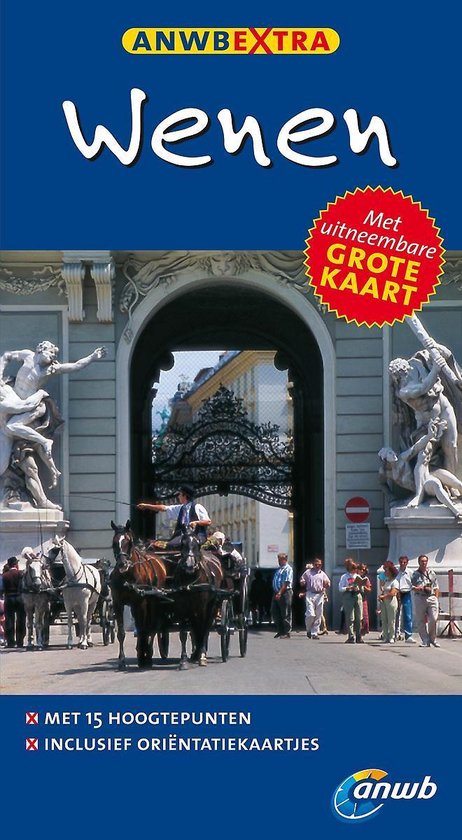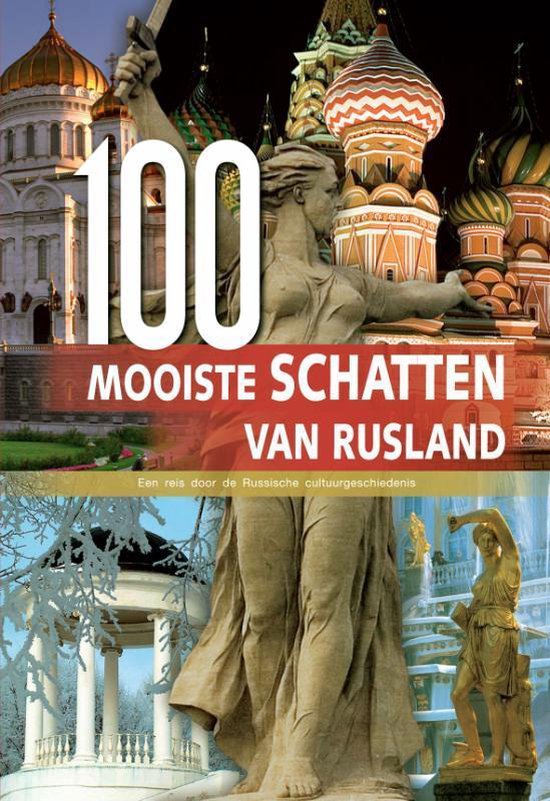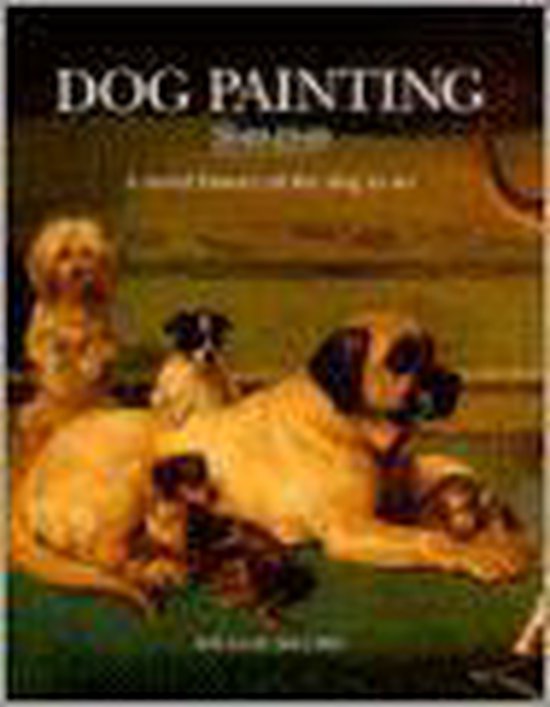
Intelligent Person'S Guide To Christian Ethics
In this concise and lucid book, the author considers the fundamental principles of morality in a Christian context. Writing clearly and without jargon, he provides the reader with a discussion of the fundamental concepts we employ in everyday consideration of moral questions.
In this concise and lucid book, Alban McCoy considers the fundamental principles of morality in a Christian context. Starting from the widespread phenomenon of seemingly insuperable disagreement in discussion of the most basic moral issues, he locates the root cause of such disagreement in confusion about the essential nature of morality as such. What distinguishes a moral judgement from an historical or scientific judgment? Which considerations are relevant to moral issues as opposed to questions of a pragmatic or practical importance? What resources are available to us when weighing moral matters? Various critiques of morality such as amoralism, determinism, subjectivism and cultural relativism, as well as different moral theories such as utilitarianism and absolutism are considered and found wanting. At the heart of the book, McCoy offers a rational account of morality rooted in virtue and character and human flourishing. He then sets this in a Christian context in order to show what difference Christian revelation makes to our understanding of morality. Writing clearly and without jargon, McCoy provides the non-specialist reader with a stimulating discussion of the fundamental concepts we employ in everyday consideration of moral questions. He manages to render difficult matters intelligible without oversimplification and his book will appeal to anybody interested in finding a way through the moral maze and to students of philosophy embarking on a study of ethics.
In this concise and lucid book, Alban McCoy considers the fundamental principles of morality in a Christian context. Starting from the widespread phenomenon of seemingly insuperable disagreement in discussion of the most basic moral issues, he locates the root cause of such disagreement in confusion about the essential nature of morality as such. What distinguishes a moral judgement from an historical or scientific judgment? Which considerations are relevant to moral issues as opposed to questions of a pragmatic or practical importance? What resources are available to us when weighing moral matters? Various critiques of morality such as amoralism, determinism, subjectivism and cultural relativism, as well as different moral theories such as utilitarianism and absolutism are considered and found wanting. At the heart of the book, McCoy offers a rational account of morality rooted in virtue and character and human flourishing. He then sets this in a Christian context in order to show what difference Christian revelation makes to our understanding of morality. Writing clearly and without jargon, McCoy provides the non-specialist reader with a stimulating discussion of the fundamental concepts we employ in everyday consideration of moral questions. He manages to render difficult matters intelligible without oversimplification and his book will appeal to anybody interested in finding a way through the moral maze and to students of philosophy embarking on a study of ethics.
| Auteur | | Alban Mccoy |
| Taal | | Engels |
| Type | | Paperback |
| Categorie | | Religie, Spiritualiteit & Filosofie |





